Contents
- 1 Dua for Fasting: Connecting with Allah at Dawn
- 2 Dua for Breaking Fast: Gratitude and Reflection
- 3
- 4 Dua for the Last 10 Days of Ramadan: Seeking Laylat al-Qadr
- 5 Crafting Your Personalized Ramadan Dua List
- 6 Best Dua for Ramadan: Elevating Your Worship
- 7 Iftar Dua and After Iftar Dua: Gratitude Beyond Fasting
- 8 Frequently Asked Questions
There is great significance placed on the holy month of Ramadan. It is the month for soul cleansing, leaving bad habits behind, and connecting with Allah. Ramadan dua is one of the many steps to spiritual connection during the holy month.
Ramadan is divided into three sections. Each section consists of 10 days. Each 10 days is dedicated to a sacred act towards Allah.
The first 10 days of Ramadan are for asking god for mercy, the second 10 days of Ramadan are for forgiveness, and the last 10 days are for asking for heaven.
In this guide, we covered the most commonly used Ramadan dua, from istghefar to istakhara; we’ve covered different types of dua for different times of the day and days of the holy month.
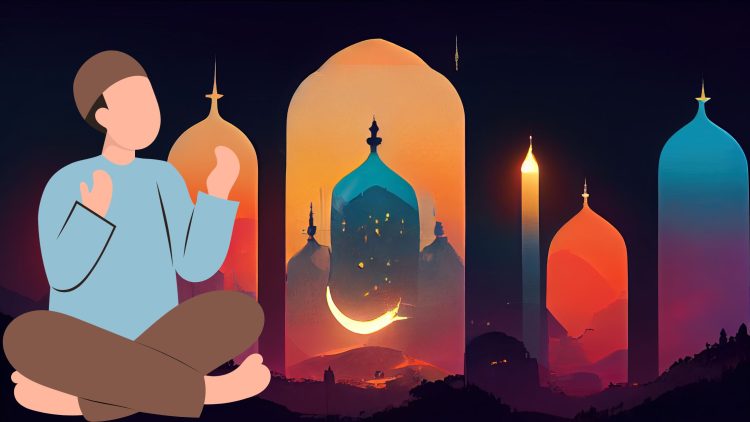
Dua for Fasting: Connecting with Allah at Dawn
Starting your day with a Ramadan dua for fasting is an act of devotion that sets the tone for your spiritual journey throughout Ramadan. Before beginning your fast, recite:
“Wa bisawmi ghadin nawaiyto min shahry Ramadan.”
Translation: “I intend fast for the next day in the holy month of Ramadan.”
This simple yet powerful intention strengthens your commitment to fasting as an act of worship. Make it a habit to start your suhoor with this Ramadan dua, grounding yourself in the blessings of the day ahead.
Asking for guidance in decisions that might cause you confusion is a very important Ramadan dua. Explore this guide on Istikhara Dua.
Dua for Breaking Fast: Gratitude and Reflection
Iftar is a moment of joy and gratitude, marking the end of a day spent in devotion. Recite the following iftar Ramadan dua before breaking your fast:
“Allahuma inni laka sumtu wa bika aamantu wa ‘alayka tawakkaltu wa ‘ala rizqika-aftartu.”
Translation: “Allah, I fasted for You, I believe in You, I put my trust in You, and with Your sustenance, I break my fast.”
Reflecting on the blessings of sustenance and strength during Ramadan elevates the spiritual experience of breaking your fast.
For those planning their Ramadan meals or decorations, check out this Guide to Ramadan Decorations for 2025.
Dua for the Last 10 Days of Ramadan: Seeking Laylat al-Qadr
The last 10 days of Ramadan hold immense spiritual significance, with Laylat al-Qadr (the Night of Decree) being a night better than a thousand months. During this period, intensify your worship with this profound dua:
“Allahumma innaka afuwwun tuhibbul afwa fa’fu anni.”
Translation: “O Allah, You are Forgiving, and You love forgiveness, so forgive me.”
Repeat this dua frequently, especially during the odd nights, as it encapsulates the essence of seeking Allah’s mercy and blessings.
Ramadan is not complete without decorations. Check out our guide for decorating your home to indulge in the holy month’s vibes.
Crafting Your Personalized Ramadan Dua List
Having a Ramadan dua list can help you stay organized and focused throughout the holy month. Here are some suggestions to include:
- Dua for health and well-being: “Allahumma inni as’aluka al-‘afiyah.”
- Dua for guidance: “Ihdinas-siratal-mustaqeem.”
- Dua for family and loved ones: “Rabbana hablana min azwajina wa dhurriyyatina qurrata a’yun.”
- Dua for forgiveness: “Astaghfirullah wa atubu ilayh.”
Writing down your Ramadan dua list allows you to revisit your supplications regularly, ensuring you don’t miss out on praying for matters closest to your heart.
Best Dua for Ramadan: Elevating Your Worship
Although every dua has its unique significance, one of the best duas for Ramadan is:
“Rabbana taqabbal minna innaka antas-Samee’ul-Aleem.”
Translation: “Our Lord, accept from us; indeed, You are the Hearing, the Knowing.”
This comprehensive supplication captures the essence of Ramadan: seeking Allah’s acceptance for all acts of worship and devotion during this holy month.
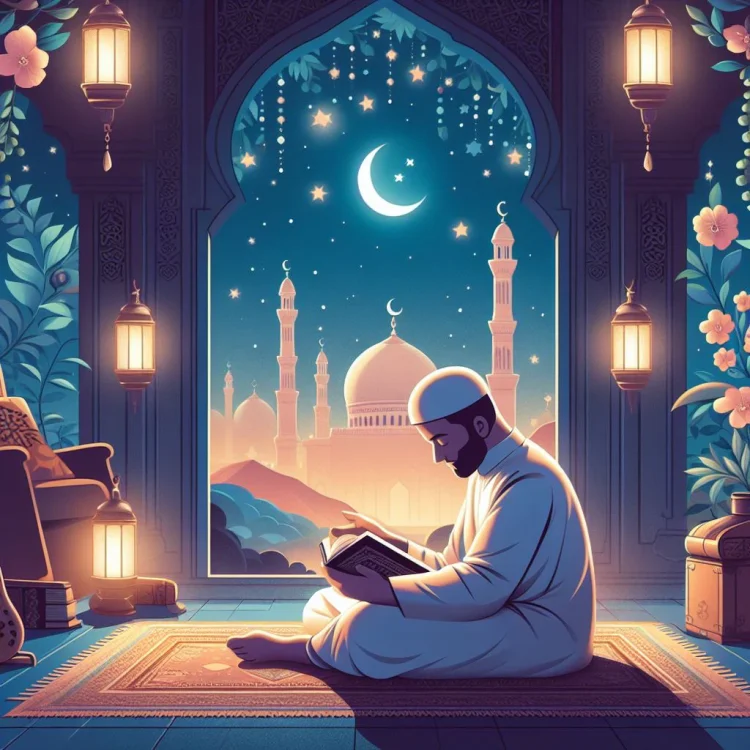
Iftar Dua and After Iftar Dua: Gratitude Beyond Fasting
Both the iftar dua and after iftar dua allow you to express to Allah that you are grateful for the food and physical nourishment you receive. After completing your iftar, you can recite:
“Dhahaba adh-dhama’u wabtallatil-‘urooq wa thabat al-ajru inshaAllah.”
Translation: “The thirst has gone, the veins are moistened by water, and the reward is certain, if Allah wills.”
These duas, rooted in gratitude, help you cultivate mindfulness and deepen your spiritual practice.
If you’re looking to spend the holy month of Ramadan in Saudi Arabia. Check these links for serene accommodations to enhance your Ramadan experience: Furnished Apartments for Rent in Saudi Arabia or Furnished Apartments in Jeddah Al-Salamah.
Frequently Asked Questions
What is the importance of making dua during Ramadan?
Dua is a direct way to communicate with Allah, seeking His blessings, forgiveness, and guidance. Ramadan amplifies the rewards of supplication.
Can I create my own Ramadan dua list?
Absolutely. Personalizing your Ramadan dua list helps you focus on specific needs and strengthens your connection with Allah.
What is the best dua for the last 10 days of Ramadan?
The best dua for the last 10 days is: “Allahumma innaka afuwwun tuhibbul afwa fa’fu anni.”
Where can I find accommodations to spend Ramadan in Saudi Arabia?
Check out Properties for Sale in Saudi Arabia or Furnished Apartments in Jeddah Ar-Rayaan to find ideal residences for Ramadan.
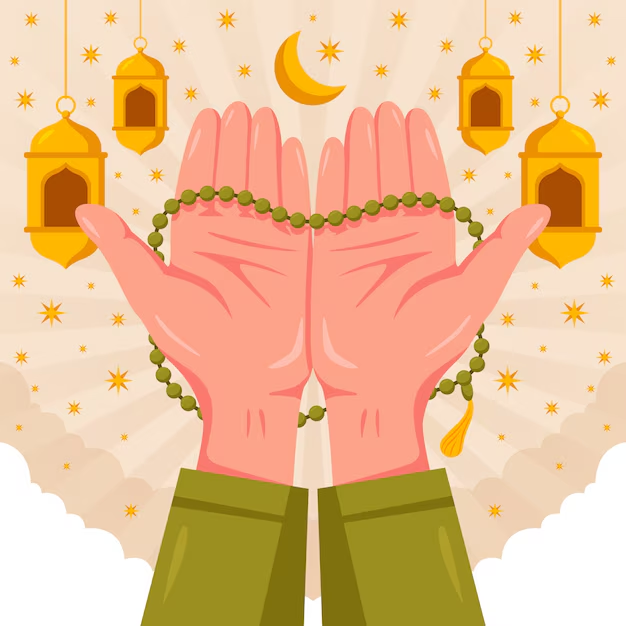
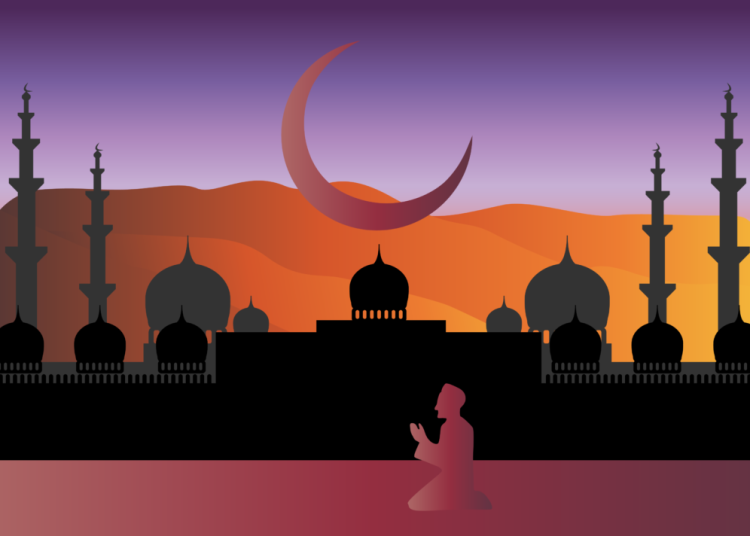
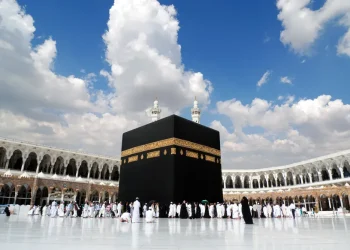







Discussion about this post